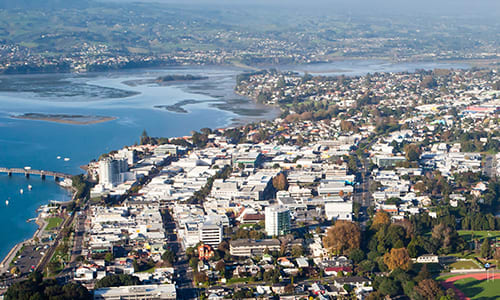As an experienced Consultant, I have witnessed the impact of the experience economy on businesses across various industries. In this post, I will discuss the challenges and opportunities the experience economy presents for enterprises seeking to grow and differentiate themselves.
James Gilmore and B Joseph Pine II coined "Experience Economy" in the late '90s.
They predicted:
- By 2020, customer experience would become the leading factor in differentiating brands, surpassing both product and price.
- Cutting-edge technology may be helpful, but it does not guarantee a superior customer experience. This fact has been demonstrated repeatedly in various contexts.
- The human element is crucial in distinguishing one's business, particularly empathy, engagement, personalisation, and immersiveness. Just as employees desire to feel valued as individuals within an organisation, customers also seek to avoid being treated as mere numbers.
- Products are physical objects that can be separated from the buyer, whereas experiences are intimately tied to the human being and cannot be easily disentangled. Failure to acknowledge this crucial difference can catalyse loss in your strategic planning.
In the experience economy, people seek more than just products or services - they want memorable and engaging experiences. Companies must create unique, personalised experiences that cater to their customer's preferences and build an emotional connection which involves using technology, storytelling, and other methods to create experiences that are immersive, interactive, and shareable.
The goal is to create experiences customers value and are willing to pay for, leading to increased brand loyalty and revenue growth for businesses. As Forbes stated in 2019, companies that excel in customer experience grow revenues 4-8% above their market, while those that fail to deliver a great customer experience see a negative impact on their bottom line." - Forbes (2019), "Customer experience is The Future of Marketing".
Forbes' report highlighted several key takeaways, including customers' unique demands that may not align with preconceived notions. Additionally, customers play a critical role in generating revenue, while employees are responsible for delivering a superior experience. Recognising that technology alone cannot solve all experience-related issues is essential, as all customer touchpoints must consistently have a seamless experience. This integration of physical and digital elements is known as "phygital."
The experience economy is transforming how businesses operate and compete. For example, in the automotive parts industry, enterprises face various challenges, including:
- Providing a consistent experience across all channels
- Managing complex and outdated technology stacks
- Maintaining agility
- Poor service outcomes
- Lack of efficiency and poor optimisation of supply chains
Any industry can overcome these challenges using cloud technology to provide personalised and seamless customer experiences. They can achieve this by creating a platform and tools that make it easy for buyers and sellers to find, quote, and order the necessary products. This approach can result in a seamless and positive experience for your customer.
Our team recently helped another customer needing to provide a cohesive customer experience. We identified all relevant touchpoints, including digital channels, physical stores, contact centres, customer care teams, and escalation paths, utilising a Human Centred Design approach. Throughout the process, we prioritised empathy and placed the human element at the centre of our practice. As a result, we delivered a seamless and consistently high-quality customer experience across all channels, meeting the expectations of all stakeholders involved.
Integrating physical and digital elements is critical as it allows businesses to unlock several benefits that help them deliver personalised and engaging customer experiences. Through this, companies can create immersive and personalised experiences that engage customers on multiple levels, such as virtual, augmented, and artificial intelligence. Additionally, it allows for collecting and analysing customer data in real time, enabling businesses to gain valuable insights into their customers' behaviour, preferences, and needs. As Pine and Gilmore (2011) argue in their book "The Experience Economy: Work is Theatre & Every Business a Stage", a successful experience is not just about delivering on customers' stated functional needs but also about catering to their emotional needs and aspirations.
The experience economy requires businesses to shift their focus from selling products or services to delivering memorable and valuable customer experiences. By creating personalised experiences, companies can differentiate themselves from their competitors, build brand loyalty, and drive growth and success.
Blog written by Erik Burton, Digital Practice Manager, DXC Technology






